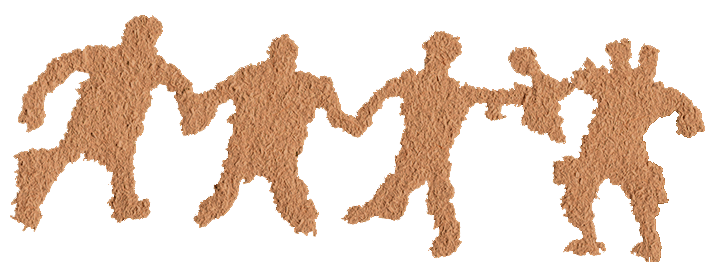| 'ci-macehe |
s/he leaves from there, sets out from there |
| 'kihkehe |
s/he is all gone; (dual and plural, also) they have all left, have all gone away |
| 'kosacehlal |
s/he doesn't want to let h/ leave, doesn't let h/ leave |
| kotuwi-macehe, koti-macehe |
s/he wants to leave, is going to leave |
| macehe |
s/he leaves, departs; s/he goes home |
| macehewiw |
it leaves, departs; it starts going |
| maceliqehe |
s/he leaves very quickly, departs angrily |
| maceluwehe |
s/he leaves angry, goes away mad |
| maceptun |
s/he takes or carries it away, s/he leaves with it; s/he takes it home |
| maciyamkustahsu |
s/he starts off or goes away with line of followers behind (e.g., hen with chicks, teacher with children, squad-leader with soldiers) |
| maciyapasuwok |
they leave on foot, walk away; they leave (by any means: Wol); (toddlers) they start to walk |
| miwhotuwal |
s/he gets h/ to leave (e.g., mother telling son to leave home and get job) |
| nute-tqesu |
s/he goes out embarrassed (leaves the room) |
| pusu |
s/he leaves by boat or car |
| sehta-macehe |
s/he leaves backing up (e.g., in car) |
| wiqsitessu |
s/he pulls feet away quickly; s/he leaves quickly |
| wisa-macehe |
s/he leaves or departs hurriedly |
| wiwisa-macehe |
s/he leaves in a hurry |
